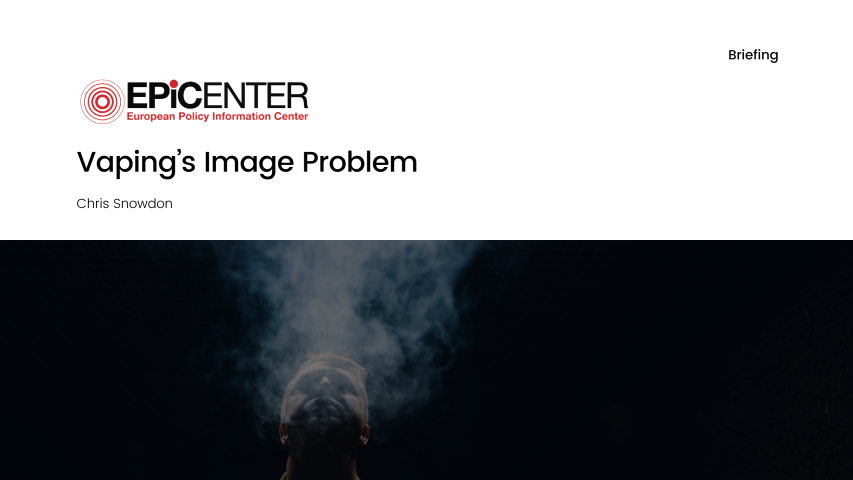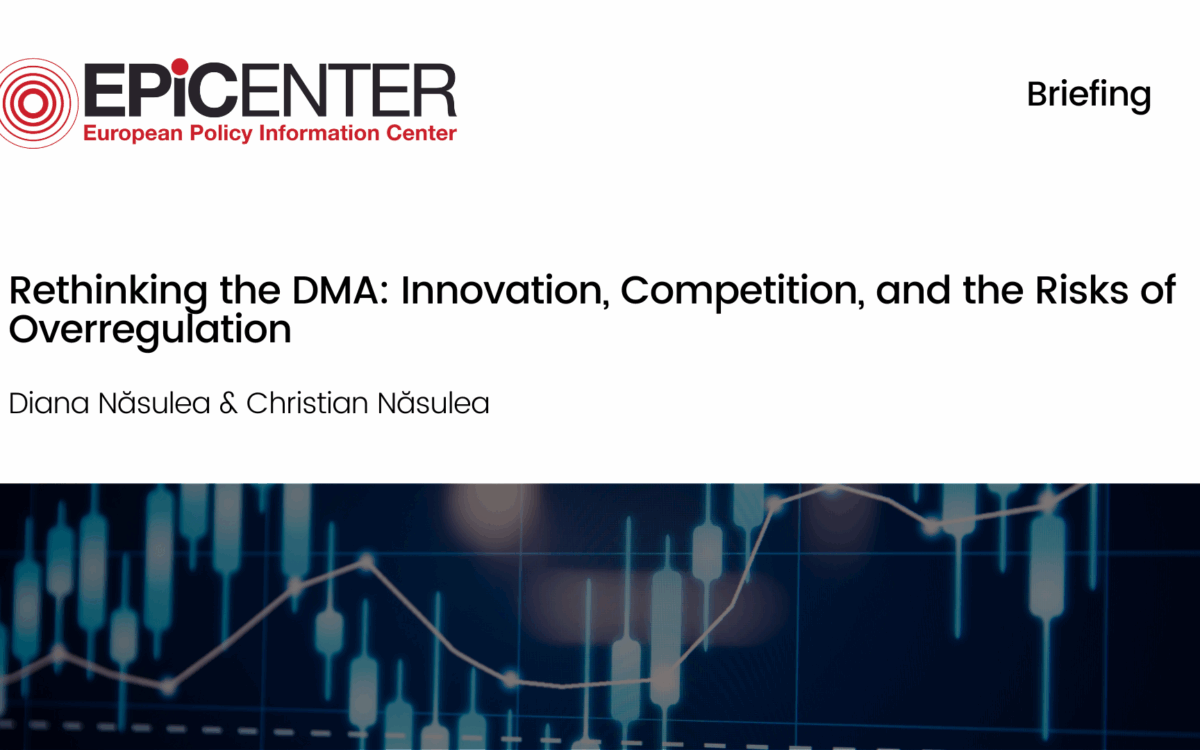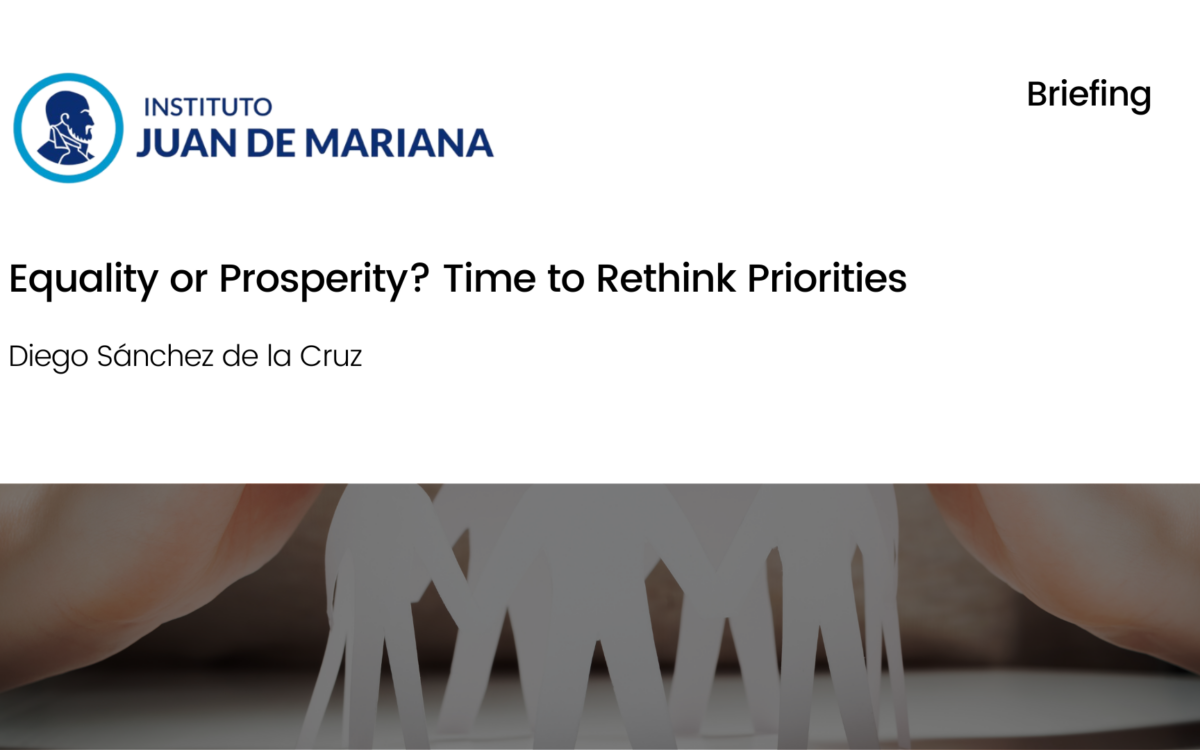Vaping’s Image Problem

Vaping’s Image Problem
18 March 2021
Surveys suggest that public understanding of the risks and benefits of e-cigarettes has become divorced from the scientific evidence. A Eurobarometer survey conducted in 2020 and published in February 2021 reveals widespread ignorance and negativity towards vaping in the EU combined with low rates of e-cigarette use and stubbornly high rates of smoking.
Scare stories in the media, inaccurate claims from public health agencies, and the United States’ problems with so-called EVALI (e-cigarette or vaping product use associated lung injury) have all contributed to vaping’s image problem.
Years of misinformation have caused the public to become systematically biased against e-cigarettes and other reduced-risk nicotine products. If consumers were given accurate information, more smokers would benefit from innovations in harm reduction and smoking rates would likely decline. Public health organisations and governments have often been responsible for fostering myths about vaping and could lead the way in debunking them.
Download or share this publication
View the PDF
EPICENTER publications and contributions from our member think tanks are designed to promote the discussion of economic issues and the role of markets in solving economic and social problems. As with all EPICENTER publications, the views expressed here are those of the author and not EPICENTER or its member think tanks (which have no corporate view).



